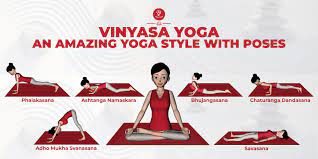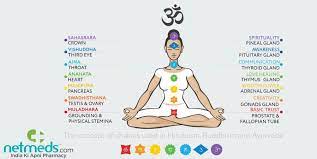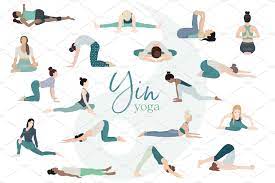Yoga Practices – Different types of yoga and their health benefits
We may earn a commission for purchases made using our links. Please see our disclaimer to learn more.
Yoga Practices – Different types of yoga and their health benefits
Introduction
Welcome, fellow wellness seeker! As someone who’s passionate about maintaining good health, I’m excited to share some insights with you about Yoga practices. Have you ever wondered about the types of yoga and how they could benefit your health? Well, let’s explore this journey together.
Understanding Yoga
The Origin of Yoga
Yoga is an ancient practice that has its roots in India, dating back to around 5000 years. The word ‘yoga’ originates from the Sanskrit word ‘Yuj,’ which means to join or unite. In a broader sense, it signifies the union of the body, mind, and spirit.
The Philosophy of Yoga
At its core, the philosophy of yoga teaches us to live a balanced, disciplined, and purposeful life. It’s not just about physical postures but includes meditation, breath control, ethical principles, and concentration techniques.
Different Types of Yoga Practices
Hatha Yoga

Hatha Yoga is one of the most common types of yoga practices. It combines asanas (poses), pranayama (breathing exercises), and meditation.
Benefits of Hatha Yoga
Regular practice of Hatha Yoga can enhance strength and flexibility while reducing stress levels, helping you to feel more balanced and centered.
Vinyasa Yoga

Vinyasa Yoga, another popular form of yoga practice, is all about fluidity and movement. The asanas are linked with breath control in a dance-like sequence.
Benefits of Vinyasa Yoga
Vinyasa Yoga is excellent for cardiovascular health. It also boosts strength, flexibility, and endurance. And, the constant movement can be a fun challenge.
Ashtanga Yoga

Ashtanga Yoga is a more rigorous form of yoga practice. It follows a specific sequence of postures, each held for five breaths before moving on to the next.
Benefits of Ashtanga Yoga
Ashtanga Yoga is fantastic for building core strength and toning the body. It helps boost endurance and promotes discipline and focus.
Kundalini Yoga

Kundalini Yoga is unique as it combines spiritual and physical practices. It involves dynamic breathing, chanting, mantra, and meditation.
Benefits of Kundalini Yoga
Kundalini Yoga is known to improve mental health by reducing anxiety and depression. It also increases awareness and intuition.
Yin Yoga

Yin Yoga is a slower-paced style of yoga where poses are held for longer periods, typically from 45 seconds to two minutes.
Benefits of Yin Yoga
Yin Yoga improves flexibility and encourages a deep sense of relaxation and calm. It is also known to enhance mindfulness.
Risks of Yoga Practices
Despite the numerous benefits, it’s also important to be aware of potential risks associated with Yoga practices. It’s possible to injure yourself if the poses are not done correctly.
Preventing Injuries
To avoid this, always ensure to warm up properly and never push your body beyond its limits. Remember, yoga is not about touching your toes; it’s about what you learn on the way down.
Consulting A Professional
If you’re new to Yoga practices, I’d recommend consulting a professional or joining a beginner’s class. This way, you can learn the correct techniques under proper guidance.
Conclusion
Incorporating Yoga practices into your daily routine can have profound effects on your wellness. It can improve your physical health and mental wellbeing, and it’s a fantastic way to unwind and relax. However, always remember to practice yoga safely to avoid any potential injuries. See prices on Amazon for yoga products to get started now!
FAQs
1. Can beginners try all types of yoga practices?
Absolutely, but it’s always best to start with a beginner-friendly class or style like Hatha Yoga.
2. How often should I practice yoga for optimal health benefits?
Regular practice is key. I’d recommend 3-5 times a week, but even if it’s once a week, it’s better than nothing.
3. Can I practice yoga at home?
Yes, you can. However, it’s essential to learn the correct techniques initially from a certified instructor.
4. Does yoga help in weight loss?
While yoga can increase flexibility and reduce stress, combining it with a healthy diet and cardio exercise will yield better weight loss results.
5. Can I practice yoga even if I’m not flexible?
Absolutely. Yoga is for everyone, and your flexibility will improve with regular practice.




